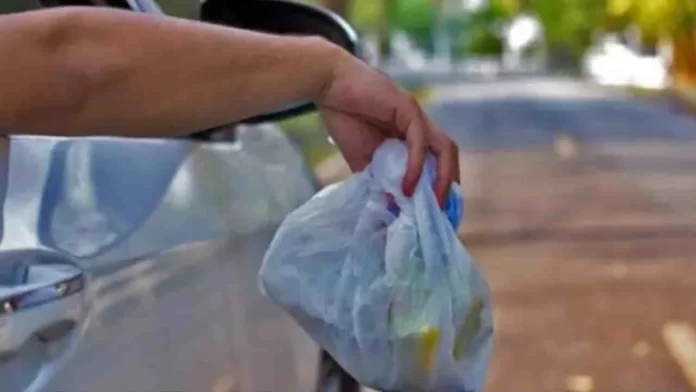The introduction of two bills on waste management in the assembly places responsibility on individuals for the waste they generate. Imprisonment and fines are attempts to clean up God’s Own Country
In February 2, the Kerala Legislative Assembly introduced the Kerala Panchayat Raj and Kerala Municipality Amendment Bills, 2024. The bills emphasise the government’s commitment to fostering private sector involvement in waste management.
Minister of Local Self-Government MB Rajesh, the Bills’ proponent, said that the legislation places responsibility on individuals for the waste they generate. The Bills propose imprisonment of up to one year and a fine of Rs 50,000 for those who discard waste in public places and there is also a provision to impose a fine of Rs 5,000 on the spot by the local secretary against the dumping of garbage. Rajesh urged local bodies to transfer waived fees to Haritha Karma Sena, and said that the user fee paid to it could not be scrapped. Altering the user fee for commercial establishments could be considered based on the quantity of waste generated.
Haritha Karma Sena is a system formed to solve the acute waste problem of the state in a decentralised manner. Haritha Karma Senas are working with the objective of ensuring employment and income through the collection and treatment of waste materials and are run with the help of the Kerala State Pollution Control Board. These Senas are playing a huge role in achieving cleanliness in the state as part of the “Malinyamuktham Navakeralam” campaign.
This system, initiated by panchayats and municipal corporations, helps in doorstep collection of waste from houses and institutions by purchasing the user fee fixed by the local body based on the government order. They provide services on a monthly basis for non-organic waste collection sites and daily for organic ones.
As part of the Haritha Kerala Mission project implemented in October 2017, the formation of Harita Karma Sena was held in the local bodies of Kerala. Activities are carried out under the joint guidance and cooperation of various development missions, local self-government bodies and various government and private agencies in the state.
Currently, 32,440 Haritha Karma Senas under Kudumbashree are working for a garbage-free Kerala in collaboration with local self-governments, Suchitwa Mission, the health department and Clean Kerala Company. This group of women is making significant social progress by working at the forefront in collecting and processing the garbage that is dumped in water bodies and on the streets, causing environmental problems.
Suchitwa Mission provides technical assistance for sanitation activities, Kudumbashree has poverty alleviation and women empowerment as its main theme and Clean Kerala Company works to ensure the scientific treatment of waste. Meanwhile, the Employment Guarantee Mission helps in the construction of source waste treatment facilities.
In the Kerala Panchayat Raj Act, 1994, in sub-section (1) of Section 189, after the words “welfare programmes”, the words and symbol “waste management” are inserted.
In addition, no person shall organise an event or gathering of more than 100 persons at any unlicensed place without intimating the panchayat at least three working days in advance. Such an organiser shall ensure segregation of waste at source and handing it to the waste collector or agency as specified by the panchayat on fees fixed by it. Such fees shall not be less than the actual rate of cost for the management of such waste and it shall be paid in advance as directed by the panchayat.
In addition, every member shall keenly observe the activity of collection and removal of garbage and other waste from the area of the constituency he represents. Failure or negligence in this matter shall be brought to the notice of the secretary who shall take urgent remedial measures.
Other sections of the Act say that no person shall throw or deposit waste, rubbish or excreta in a water course, water body or water source or allow or cause to flow water from any latrine or allow waste water to flow into it, or pollute the water in any other way, or engage, depute, compel, or instigate any person to do such activity. Whoever commits an offence shall, on conviction, be punishable with fine which shall not be less than Rs 10,000, but not exceeding Rs 50,000 and imprisonment for a term which shall not be less than six months, but not exceeding one year.
—By Adarsh Kumar and India Legal Bureau


